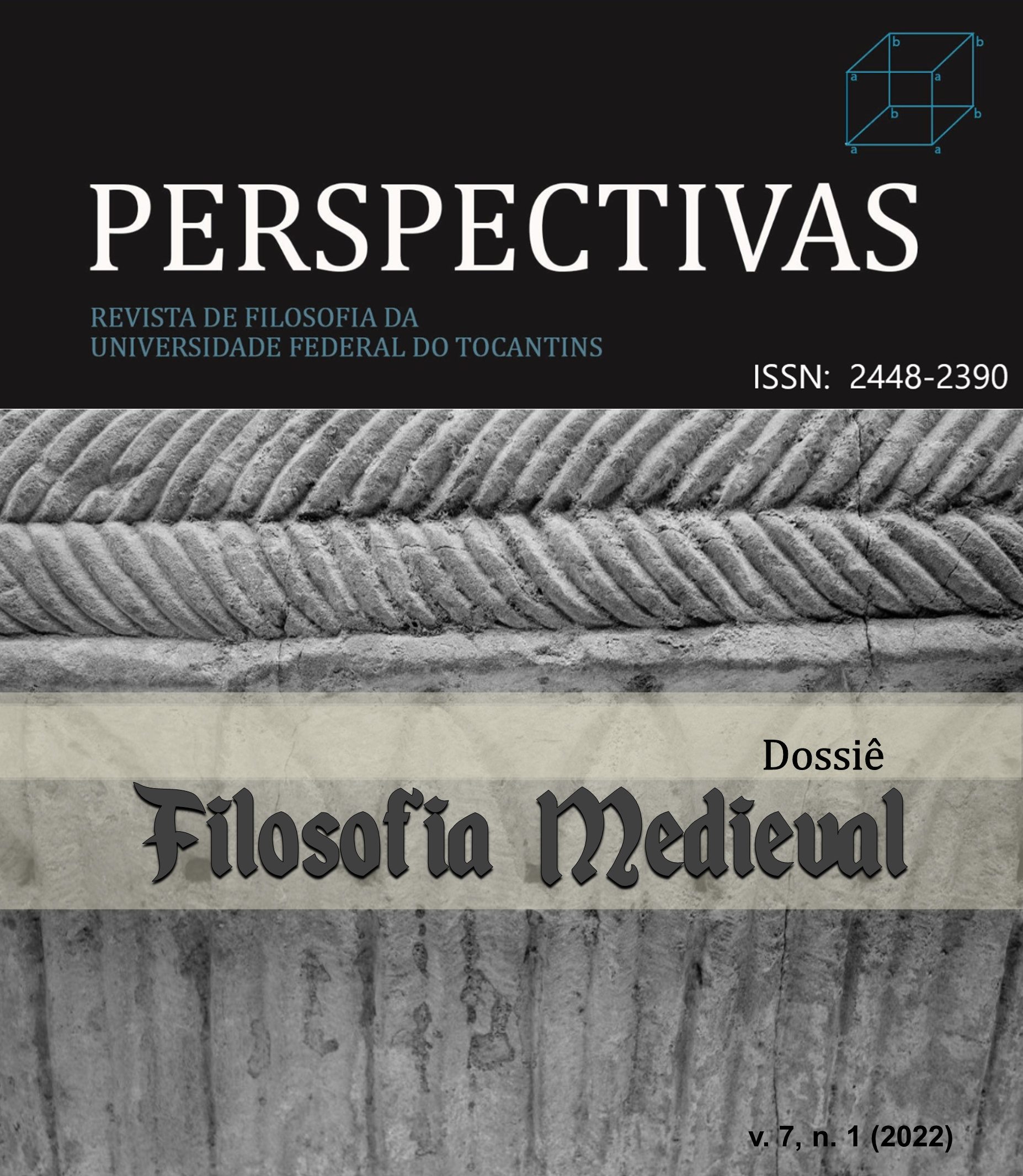De Genesi ad litteram 4: The Days of Creation and God’s Rest
DOI:
https://doi.org/10.20873/rpv7n1-28Abstract
The beginning of Genesis is a mise en intrigue, as it discloses a configuration of creation by a narrative act. In De genesi ad litteram, Augustine strives to provide a literal interpretation of this text and reach a philosophical understanding of creation itself. Book 4 focuses on Gen 2,1-3, which mentions the completion of creation on the sixth day and the divine rest on the following day, textually and philosophically explaining the first creation narrative (Gen 1:1-2, 4). Augustine focuses on the key notion of "day": the literal meaning of the "days" of creation moves Book 4 into three main parts. First, he takes up the hypothesis that they refer to the ontological constitution of creatures and explains why there were six. Then he asks about God's rest on the seventh day. Moreover, he deals with two peculiarities of the seventh day: it has no evening, and in it God did nothing. The second peculiarity forces him to reformulate his explanation of the nature of all the days of creation. Augustine explains these days by referring them to the spiritual creature, the angel, in whose knowledge all kinds of creatures are created by turns, even before they exist in themselves. As for the day, the afternoon and morning symbolize the various modes of this knowledge. However, can we grant this interpretation if we admit that the spirit creature knows everything simultaneously and that God created everything simultaneously?
Downloads
Published
How to Cite
Issue
Section
License
The Magazine is under the Creative Commons Attribution 4.0 International Public License (CC BY 4.0), according to which:
1) The authors retain the copyright and grant the journal the right of first publication, with the work simultaneously licensed under the Creative Commons Attribution which allows the sharing of articles published with the recognition of authorship and initial publication in this journal.
2) Authors are authorized to enter into additional contracts separately for distribution of the version of the work published in this journal, as long as there is recognition of authorship and initial publication in Perspectivas.
3) Authors are authorized and encouraged to disseminate published texts with proper references to the journal and its authors.





















